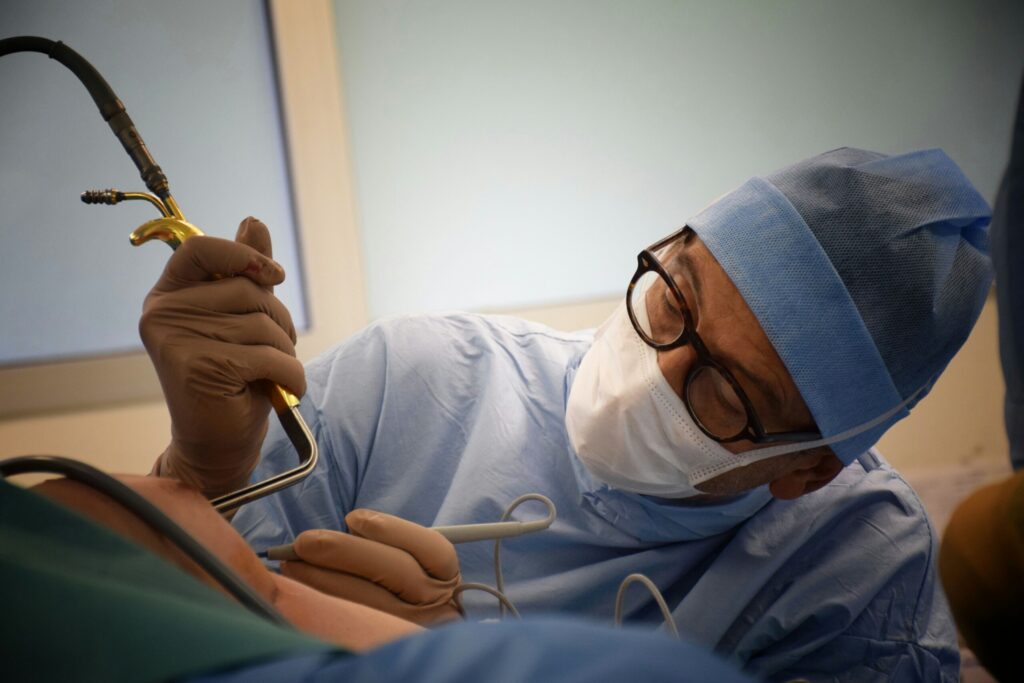There are many ways to treat osteoarthritis knee pain. Options include making changes to your lifestyle, taking medication, having a medical procedure or seeking surgery. Typically, people with severe osteoarthritis choose to undergo knee replacement surgery. However, this can be a complicated procedure. So, before you make a final treatment decision, it's important to research these disadvantages of knee replacement surgery.

Knee replacement surgery is invasive, and thus carries a higher risk for complication when compared to alternative knee osteoarthritis treatment options. Potential complications include infection, blood clots, or even nerve damage. Following surgery, you could face a slow and painful recovery period. Plus, surgery may not result in complete knee pain relief, leaving you seeking revision surgery or other treatments. Now, you can reduce your risk for complications by being aware of the disadvantages of knee replacement surgery, and carefully following post-procedural protocols to maximize your recovery. At the same time, you can do your research and find alternatives that can help you delay or avoid this invasive procedure.
After knee replacement surgery, you’ll need months of physical therapy to regain strength and mobility. During this time, you may also be dealing with stiffness, pain and swelling. At least initially, mobility will also be challenging, so you'll need help getting around the house and to post-operative appointments.
Knee replacements don't last forever. You'll likely need a revision surgery after 15 or 20 years. For that reason, younger individuals may wish to delay surgery for as long as possible, maximizing the lifespan of their new knee once surgery is unavoidable.
Because surgery requires anesthesia, hospital stays and more, it is typically more expensive than other treatment options for knee osteoarthritis. Talk to your insurance provider and surgeon prior to scheduling a knee replacement procedure to be sure you're prepared to manage the out of pocket expenses.
Knee replacement surgery is great for pain relief, but it doesn't always restore range of motion fully. You may wish to explore alternative treatments if staying active is your top priority.
After surgery, you’ll be at risk for infection. Warning signs include pain, redness and incision site swelling or discharge. Call your doctor right away if any of these concerns develop after surgery.
To avoid the disadvantages of knee replacement surgery and relieve knee osteoarthritis pain, you can come to the Georgia Knee Institute. Our interventional radiologists perform Genicular Artery Embolization, the GAE procedure, offering minimally invasive solutions to painful arthritis inflammation. With this treatment option, we can reduce pain and allow you to delay or avoid surgical knee replacement. Request a consultation at our office to see if you're a candidate for GAE.

Atlanta
3225 Cumberland Blvd. Southeast, Suite 520
Atlanta, GA 30339
Stockbridge
1035 Southcrest Dr., Suite 220 + 250
Stockbridge, GA 30281
Tucker
1975 Lakeside Pkwy., Suite 300
Tucker, GA 30084
Scheduling
Please contact our dedicated specialists to schedule a consultation today.
2025 Georgia Knee Institute. All rights reserved. Website Design by Healthcare Success